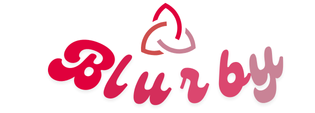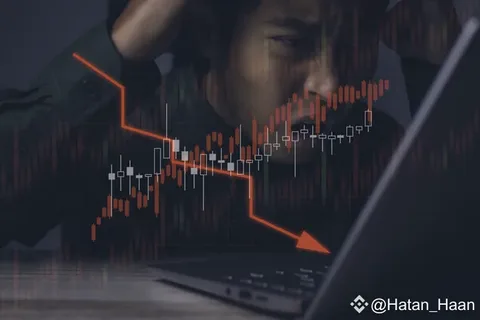Among the most dynamic and flexible areas of financial markets is futures options trading. The terminology can fill anyone beginning his journey in the field with awe. Yet understanding the way futures and options interact can open up some powerful opportunities for risk management, speculation, and portfolio diversification. Whether you are seeking out futures trading for beginners or familiar with the basics of futures contracts, futures options trading represents a step in the direction of becoming a more competent trader.
Understanding the Basics: Futures and Options
Before breaking it down as should be done with futures options trading, it is important to understand the building blocks: futures and options.
Future contracts include an agreement to purchase or sell an asset, such as commodities, indices, or currencies, with a price set for a specific future date. They comprise one of the most important risk management tools worldwide for hedgers and speculators when wanting to foresee the behavior of the future markets.
Options contracts give the option to the holder to buy (call option) or to sell (put option) an asset at a price to be agreed within a defined time period, without being obliged to do so.
When put together, futures options trading involves applying futures contracts to options rather than stocks or other assets. In this way, a flexible tool is created in the variety of instruments that a trader may use to manage risks without a complete commitment to a futures position and to leverage market opportunities.
What Is Futures Options Trading?
More simply, futures options trading means buying and selling options related to a future contract. If you were going to agree to buy or sell the underlying asset, in fact, you would trade the right to take a position in the future contract itself.
As an example, assume you bought a call option on crude oil futures. You don’t own the oil and don’t own the futures contract now. Instead, you get the right (but not the obligation) to purchase that crude oil futures contract at a pre-specified price before the option expires.
This structure lends a variety of options to traders. They may either exercise the contract according to their will or get into an obligation, as may occur with futures.
Why Does Futures Options Trading Matter?
There are a number of important reasons as to why futures options trading matters, and they are as follows:
- Risk Management (Hedging):
Futures obligate traders, whereas options give them a cushion. Generally, futures options are used to hedge against adverse price movements but leave room for favorable price movements by farmers, energy corporations, or investors.
- Leverage Limited Risk:
One of the main attractions of options is their ability to control large positions for a relatively smaller upfront cost. This is particularly attractive for beginners in the futures trading arena because the max a buyer can lose is the premium paid for the option.
- Flexibility in Strategy:
Those strategies might include conservative hedging to aggressive speculative plays using options on futures. Rising, falling, or even sideways markets can be profited from, depending on how the trader structures his positions.
- Access to Diverse Markets:
Futures options are not limited to a single asset class. They are available in commodities such as oil, gold, and corn, financial instruments, including Treasury bonds, and indices like the S&P 500. This breadth of choice allows traders to undertake further diversity beyond traditional stock markets.
How Futures Options Work in Practice
Suppose you are bullish and optimistic on the S&P 500 index but the timing is uncertain. You buy a futures contract and immediately commit to that position, no matter what happens. The buying of a call option on an S&P 500 futures contract allows you to enter into the contract if the market moves in your favor. If not, you lose only the premium paid for the option.
And this is one major reason futures options trading has become a cornerstone for investors who want both opportunity and protection. They may get to test their market outlook without opening themselves fully to the volatility that futures tend to bring.
Futures Trading for Beginners: The Case for Options
For most newcomers, futures trading for beginners usually starts with paper trading or small futures contracts. However, those that want to take a peek into options on futures early can probably gain valuable insight into how the professionals manage risks.
Options could teach a beginner a thing or two relative to the time decay, volatility, and strike prices. They are very essential characteristics of advanced trading but are easier to understand when applied to futures markets influencing on a day-to-day basis consumer goods and financial systems.
Options are also necessary for novices to build confidence with little risk. Instead of having losses that are potentially unlimited, as would happen with a futures short, newcomers will be able to limit their downside while learning the ropes.
Concluding notes:
To summarize, futures options trading harnesses futures power while retaining the flexibility of an option.
It matters because it allows traders to hedge risks, speculate with lower risk, and access diverse global markets.
Options provide new investors with educational content and are relatively safer than going into the deep end of futures contracts for those starting out in futures trading for beginners.
Both traders and investors in today’s risk-prone financial markets want instruments that promise opportunity without compromising risk control. Future options trading fulfills that requirement. Acquiring its basics would help beginners shield their portfolios and position themselves for facilities that markets, which never sleep, offer.



